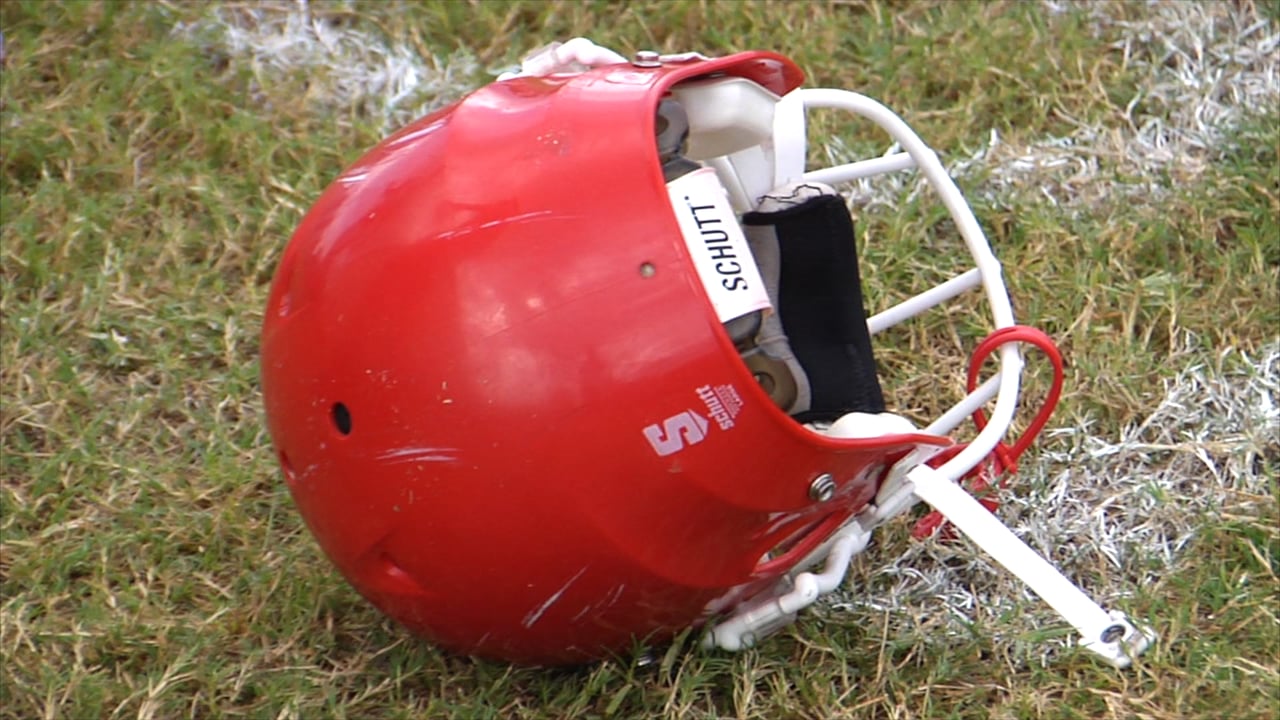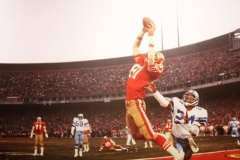By: Richie Edwards
Last year my youngest brother was amped for the start of his final high school football season. The team thought they had a legitimate shot to win a state title (they ended up winning the 3A championship that year) and my brother hoped to build on all the work he had put in. During the 4th quarter of the second game of the season he broke his collarbone. The team physician, a local doctor who volunteers his time on Friday nights, immediately diagnosed the break. He told my brother that he couldn’t play anymore that night. Being the “tough guy” that he is, my brother figured that the team just couldn’t function properly if he didn’t go out with the offense to take a knee to end the game. He grabbed his helmet and ran out to the huddle. Meanwhile, the doctor became somewhat irate, forced the head coach to call a timeout, and then took my brother’s helmet away. The doctor knew that they were simply kneeling the ball and that no contact would occur. But more importantly, he knew that his professional responsibility obligated him to protect my brother from himself.
Former Celtics, and current Cavaliers guard, Isaiah Thomas, earned his place in Boston sports lore with his late game heroics during the NBA regular season. The unbelievable emotional pain he endured on the eve of the playoffs, combined with multiple physical injuries furthered solidified his status alongside former Boston greats like Bill Russell, Larry Bird, and David Ortiz. Even for all of that, he was recently traded to the Cleveland Cavaliers.[1]
Worse than that, reports following the trade have cast doubt on the Celtics’ handling of injuries he sustained throughout the regular season and playoffs. ESPN’s Tom Haberstroh reported that Thomas may have injured his hip as early as December 2016.[2] In March, he was initially diagnosed with a knee injury, the Celtics later said that he had in fact sustained, or aggravated, the hip injury that has been in the news recently.[3]
The recently extended NBA Collective Bargaining Agreement, requires that each team secure two team physicians.[4] Beginning with the 2017-2018 season physicians are required to be board certified and trained, have five years of experience, and have completed a sports medicine fellowship.[5] The Celtics recently fired the trainers who helped diagnose and treat Thomas, although preexisting trainers were grandfathered into the program.[6]
Lacking proof, nobody should accuse the Celtics or the NBA of intentionally providing sub-par medical care to players. However, somebody should ask if the NBA and the 30 individual teams have failed in their responsibility to players. From a young age players expect their teams to take care of them. When a child plays youth softball or basketball they never consider that their teams, coaches, or trainers (if they’re lucky enough to have them) have anything but their best interests in mind. Likewise, Isaiah Thomas and other NBA players expect their team appointed trainers to give them the best medical care and advice possible. When everything shakes out and Thomas gets a lucrative new contract, most everyone will forget about the Celtics’ mishandling of his injury. But what if he doesn’t come back healthy? Will the Celtics or their trainers be held accountable?
[1] Kevin O’Connor, The Kyrie Irving–Isaiah Thomas Trade Is Unlike Anything We’ve Ever Seen, The Ringer (Sep. 7, 2017, 7:01 PM), https://www.theringer.com/nba/2017/8/23/16189278/kyrie-irving-isaiah-thomas-celtics-cavaliers-blockbuster-trade.
[2] Tom Haberstroh, Isaiah Thomas’ Injury is Potentially Far More Serious Than You Know, Espn (Sep. 6, 2017, 9:15 PM), http://www.espn.com/nba/story/_/id/20595342/nba-cleveland-cavaliers-guard-isaiah-thomas-faces-uncertain-return-potentially-career-ending-hip-injury.
[3] Id.
[4] Collective Bargaining Agreement art. 22, N.B.A.–N.B.P.A., Jan. 19, 2017 at 344.
[5] Id.
[6] See Haberstroh, Isaiah Thomas’ Injury is Potentially Far More Serious Than You Know, Espn.





